How to Master Your Body: A Guide to Learning New Skills and Knowledge for Physical Well-Being
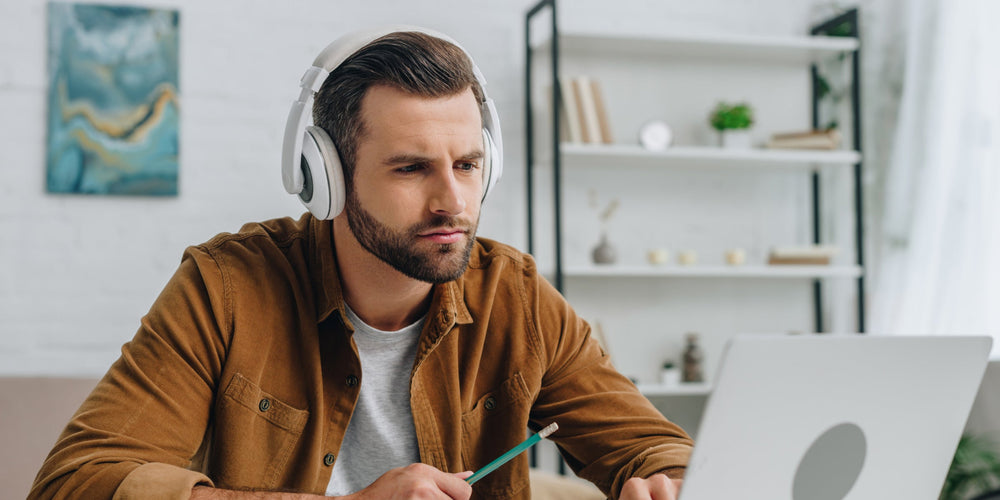
Stay tuned to our latest news
The human body is a complex and amazing system that can perform a variety of functions and activities. However, many people do not fully utilize their body’s potential or take good care of it. Learning new skills and knowledge for your body can help you improve your health, fitness, performance, and happiness.
In this article, we will explore some of the benefits of learning new skills and knowledge for your body, and provide some tips and resources on how to do so. Whether you want to learn a new sport, a martial art, a dance, a yoga pose, or a meditation technique, there is something for everyone in this guide.
Setting Goals for Physical Well-Being

Setting goals for physical well-being is an essential component of leading a healthy and happy life. Whether you are looking to improve your fitness, increase your strength, or simply stay active, setting clear and achievable goals can help you stay on track and motivated.
One of the first steps in setting goals for physical well-being is to identify what you want to achieve. Are you looking to lose weight, gain muscle, improve your endurance, or simply incorporate more physical activity into your daily routine? Once you have a clear understanding of your objectives, you can begin to establish specific, measurable, and realistic goals to work towards.
It is important to make sure that your goals are attainable and not overly ambitious. Setting unattainable goals can lead to frustration and a lack of motivation. Instead, start with small, achievable goals and gradually increase the difficulty as you progress. For example, if you want to improve your cardiovascular fitness, you might start by committing to 30 minutes of aerobic exercise three times a week and gradually increase the duration or intensity over time.
In addition to setting specific goals, it is also important to establish a timeline for achieving them. This will help you stay focused and accountable, as well as provide a sense of accomplishment as you reach each milestone. Consider breaking your overall goal into smaller, more manageable targets to keep you on track and motivated.
It can be helpful to track your progress towards your physical well-being goals. This may involve keeping a workout log, taking measurements, or using fitness apps to monitor your activity levels and progress. By regularly assessing your progress, you can make adjustments to your goals and routines as needed, and celebrate your achievements along the way.
Incorporating Physical Activity Into Your Daily Routine

Incorporating physical activity into your daily routine is important for maintaining a healthy lifestyle. Many people struggle to find time to exercise, but there are many simple ways to incorporate physical activity into your day without having to dedicate large chunks of time to the gym.
One easy way to add more movement into your day is to take the stairs instead of the elevator whenever possible. This small change can make a big difference in your overall fitness level. Additionally, parking farther away from your destination or getting off the bus a stop early can add extra steps to your day.
Another way to add physical activity to your daily routine is to schedule regular breaks to stretch or take a short walk. This can be especially beneficial for those who spend long hours at a desk. Taking just a few minutes every hour to move can help improve circulation and reduce the negative effects of prolonged sitting.
Incorporating regular physical activity into your daily routine can also be as simple as finding activities you enjoy. Whether it’s going for a bike ride, playing a sport, or taking a dance class, finding an activity that you love can make staying active feel less like a chore.
Finally, make sure to prioritize physical activity by scheduling it into your day just like any other important task. By making it a priority, you’ll be more likely to stick to your routine.
Incorporating physical activity into your daily routine doesn’t have to be difficult or time-consuming. By making small changes and finding activities you enjoy, you can easily add more movement to your day and improve your overall health and well-being.
Learn a New Sport or Hobby

One of the most fun and rewarding ways to learn new skills and knowledge for your body is to take up a new sport or hobby. Whether it is basketball, yoga, dancing, or gardening, you can find something that suits your interests, goals, and abilities. Learning a new sport or hobby can help you:
- Strengthen your muscles and bones, as well as improve your cardiovascular, respiratory, and immune systems. The RENPHO AI Smart Bike is a technology-driven stationary bike that can help you learn new skills and knowledge for your body. It offers a personalized, interactive, and immersive cycling experience at home, with free access to a variety of classes and courses, compatibility with popular training apps, and real-time monitoring of your cycling KPIs. It is suitable for all ages and fitness levels, and has a sleek design, a cushioned seat, and ergonomically positioned handlebars.
- Enhance your coordination, balance, agility, and flexibility, as well as prevent injuries and falls.
- Boost your mood, energy, and self-esteem, as well as reduce stress, anxiety, and depression.
- Expand your social circle and network, as well as make new friends and connections.
To start learning a new sport or hobby, you can:
- Do some research on the sport or hobby you want to learn, such as the rules, equipment, techniques, and benefits. You can use online resources, books, magazines, or podcasts to get more information.
- Find a suitable place and time to practice the sport or hobby, such as a park, gym, studio, or your own home. You can also look for classes, clubs, or groups that offer instruction and guidance.
- Set realistic and specific goals for your learning progress, such as mastering a skill, completing a challenge, or participating in a competition. You can also track your performance, feedback, and achievements using apps, journals, or charts.
- Have fun and enjoy the process of learning the sport or hobby, as well as celebrate your successes and learn from your failures. You can also reward yourself with something you like, such as a treat, a gift, or a break.
Learn a New Art or Craft

Another way to learn new skills and knowledge for your body is to explore a new art or craft. Whether it is painting, knitting, pottery, or origami, you can find something that sparks your creativity, curiosity, and expression. Learning a new art or craft can help you:
- Develop your fine motor skills and hand-eye coordination, as well as improve your dexterity, precision, and accuracy.
- Stimulate your brain and cognitive functions, as well as enhance your memory, attention, and problem-solving skills.
- Unleash your imagination and emotions, as well as express your thoughts, feelings, and ideas.
- Enrich your culture and appreciation, as well as learn about the history, meaning, and value of different art forms and crafts.
To start learning a new art or craft, you can:
- Choose a medium and style that appeals to you, such as watercolor, acrylic, oil, or digital painting; knitting, crochet, embroidery, or sewing; pottery, sculpture, or jewelry making; or origami, paper cutting, or collage.
- Gather the necessary materials and tools for the art or craft you want to learn, such as paints, brushes, canvases, or easels; yarn, needles, hooks, or scissors; clay, wheel, kiln, or molds; or paper, knife, glue, or tape.
- Follow a tutorial or guide that teaches you the basics and steps of the art or craft, such as how to mix colors, apply strokes, or create shapes; how to cast on, knit, purl, or bind off; how to knead, shape, fire, or glaze; or how to fold, cut, stick, or decorate.
- Experiment and create your own projects based on the art or craft you learned, such as painting a landscape, portrait, or abstract; knitting a scarf, hat, or sweater; making a mug, bowl, or pendant; or folding a crane, flower, or star.
Learn a New Wellness Practice

A third way to learn new skills and knowledge for your body is to try a new wellness practice. Whether it is meditation, massage, aromatherapy, or acupuncture, you can find something that relaxes your body, mind, and spirit. Learning a new wellness practice can help you:
- Relieve your pain and tension, as well as heal your injuries and ailments.
- Restore your balance and harmony, as well as align your energy and chakras.
- Calm your nerves and emotions, as well as cope with your stress and worries.
- Increase your awareness and mindfulness, as well as connect with your inner self and the present moment.
To start learning a new wellness practice, you can:
- Consult a professional or expert on the wellness practice you want to learn, such as a meditation teacher, a massage therapist, an aromatherapist, or an acupuncturist. You can also ask for their advice, recommendations, and referrals.
- Prepare a suitable environment and atmosphere for the wellness practice, such as a quiet, comfortable, and clean space; a soft, warm, and cozy surface; a pleasant, soothing, and natural scent; or a gentle, relaxing, and ambient sound.
- Follow a routine or session that guides you through the wellness practice, such as how to breathe, focus, or chant; how to touch, rub, or knead; how to smell, inhale, or diffuse; or how to insert, stimulate, or remove.
- Practice regularly and consistently the wellness practice you learned, as well as observe and reflect on your sensations, feelings, and thoughts. You can also adjust and modify the practice according to your needs, preferences, and goals.
Renpho Health Tips
-

How to Listen to Your Body’s Signals and Intuition
February 25, 2024
Read more >
-
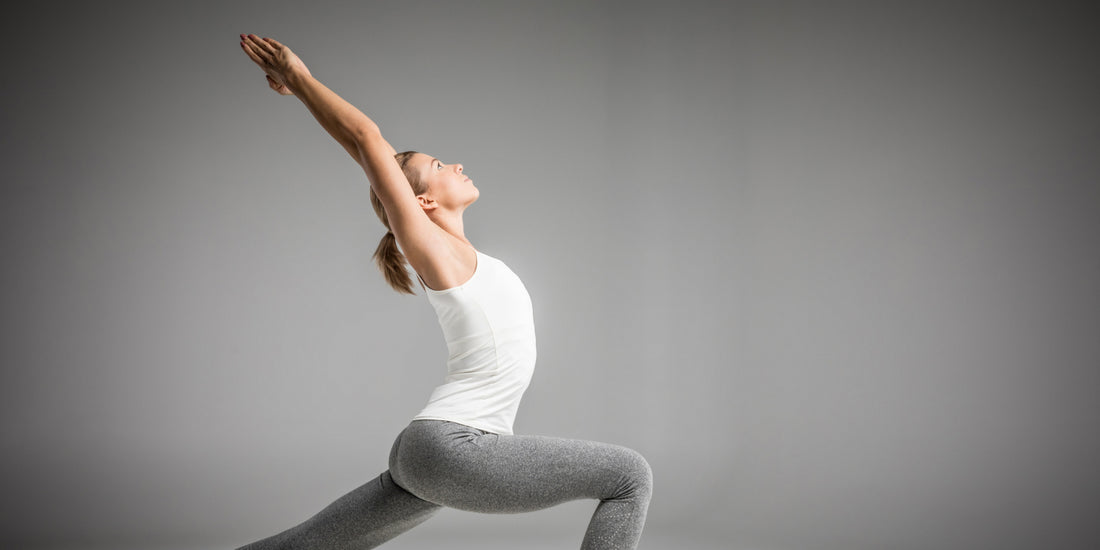
Posture and Productivity: How Ergonomics and Body Alignment Contribute to Motivation
January 28, 2024
Read more >
-
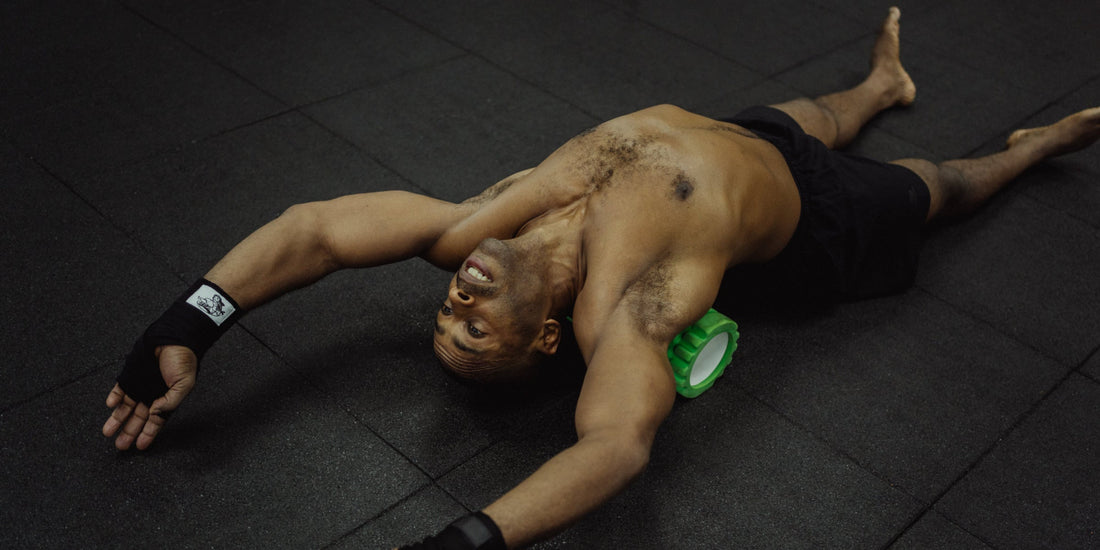
Muscle Soreness? The Power of Foam Rolling and Self-Myofascial Release
December 13, 2023
Read more >
-
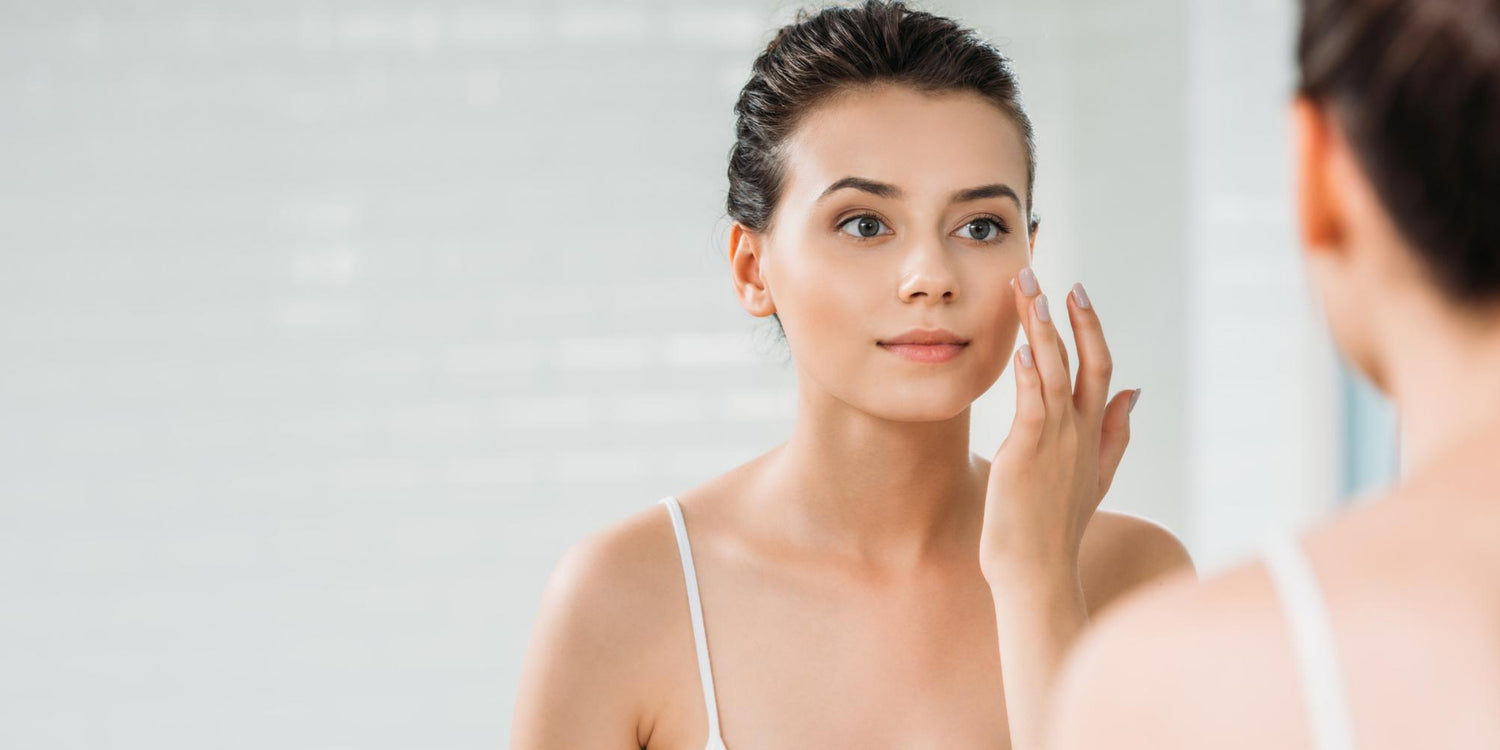
Loving Your Skin: Building Your Skincare Routine for a Healthy Glow
February 21, 2024
Read more >
-
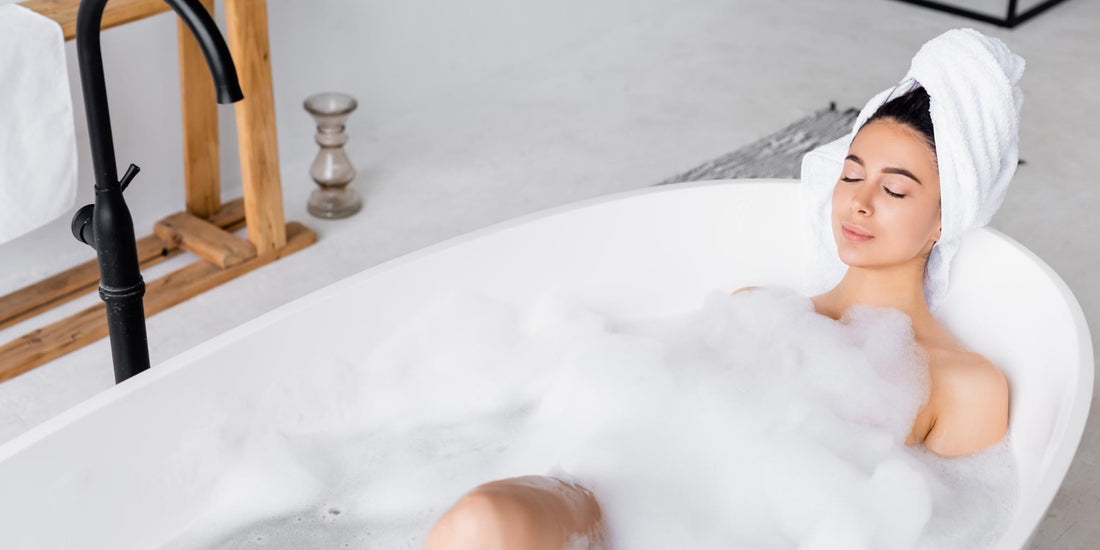
The Art of Bathing: Creating a Relaxing and Rejuvenating Experience
February 18, 2024
Read more >





